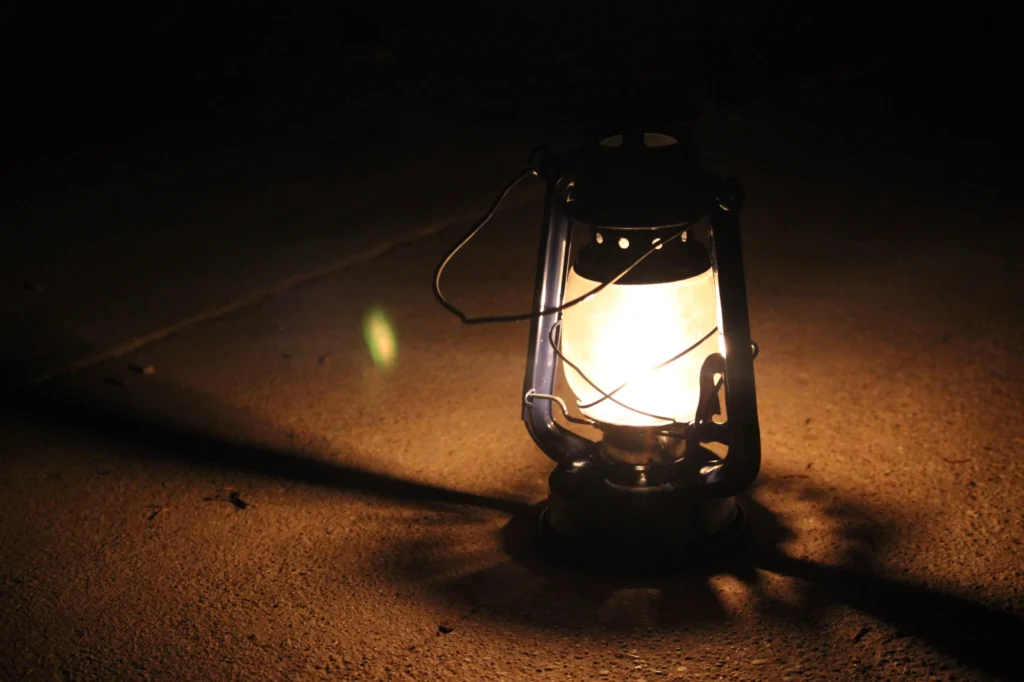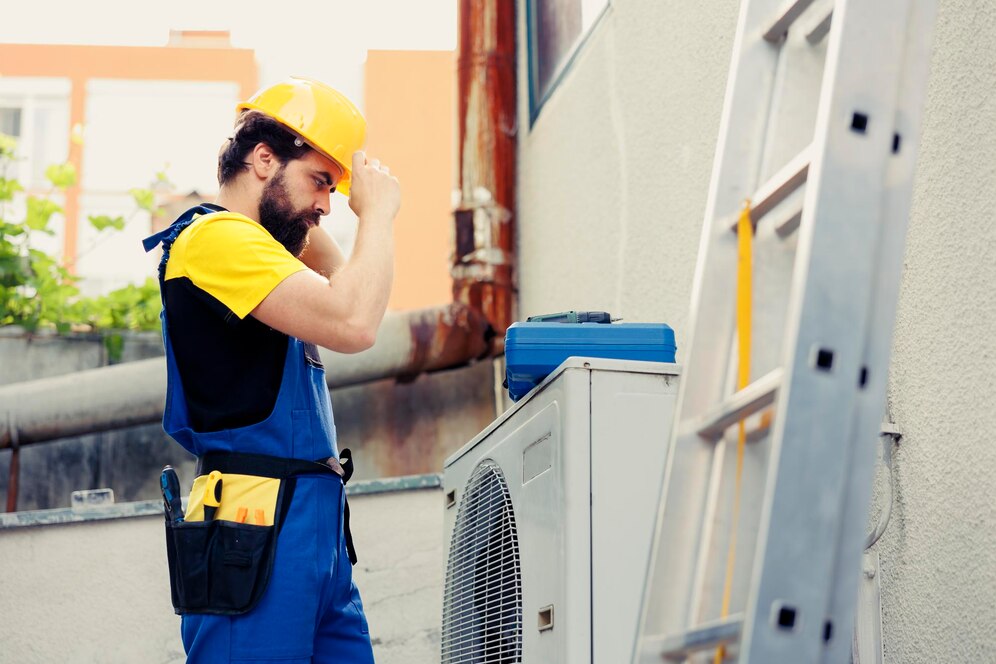The lights are off all over America. In 2020, the average American experienced more than eight hours of power outages. That’s an increase of nearly 20 minutes from the previous year.
One reason why is winter storms. A snowstorm is powerful enough to knock your power out for several hours. If you want to stay safe, you need to get ready for a winter power outage in Denver.
What should you buy before winter storm power damage in Denver? What should be the first thing you do once the power goes out? How can you stay warm and safe during a storm?
Answer these questions and you can have a healthy winter, even if the power goes out. Here is your quick guide.
Get Backup Supplies
You should start gathering backup supplies for a power outage right now. You must get enough food and water to last for several days. Buy canned items and bottles of water and store them in an enclosed pantry.
You should also get flashlights and extra batteries for all of your battery-powered devices. Check the batteries in your smoke and carbon monoxide alarms and put new ones in them.
Get extra supplies of any necessary medications you take. Store them in secure bottles and place them in a location where you can access them easily.
Power line damage in Denver can affect your heating system. Install weather strips around your doors and windows and put insulation in your attic. You may want to buy another coat or sweater so you can stay warm after the power goes out.
If you do not own a classic radio, you should buy one, as you can receive news from local stations. You should check the news every day to see when a weather emergency is imminent.
Figure Out What's Going On
Do not panic once a Denver power blackout happens. Look outside and see if your neighbors still have power. If you live near street lights, see if those lights are still on.
If your neighbors have power but you don’t, see if the electrical line connected to your house has fallen over. You should also check your electrical panel to see if everything is wired properly.
You can go outside if the weather is clear and if you do not notice a fallen power line. Do not approach a fallen power line or electrical cable, as you can get electrocuted.
Call your utility company and your local government and see what is going on. You can also listen to the radio and get the latest news.
Unplug Your Devices
Many devices experience an electrical surge after a Denver power blackout is over. This can damage your devices, even if they use a small amount of electricity.
Go around your house and unplug your television, computer, and other non-essential devices. Leave your refrigerator and heating system plugged in. If you have surge protectors, you should put those in before the power comes back on.
As you are unplugging your devices, you should inspect the outlets and wires in your home. If you notice damaged outlets or frayed wires, you should call an emergency electrician right away. Unplug all devices near the damaged outlet or wire so you do not strain it.
Wait until you have consistent electricity again before plugging your appliances back in. You may need to wait an hour to have a constant current. If a surge damages your electrical system, you should call a surge protection professional in Denver for support.
Use a Generator
A generator may give you enough electricity to ride out a storm, even after you lose power. You can buy a standby or portable generator at a store, though you need to get it installed before a storm hits.
A generator will not produce enough electricity to power your entire home. Prioritize essential devices like your cell phone. When you’re done using a device, unplug it so it doesn’t use power while idling.
Do not run a portable generator inside your house. Nearly all portable generators use propane or gasoline, which produces toxic fumes. Place the generator at least 20 feet away from your home and connect it to your home using cables.
Stay Warm
Texas experienced winter storms in February 2021 that caused long-running blackouts. A December 2021 report from the state government found that nearly 250 residents died during the blackouts, with nearly two-thirds dying due to hypothermia.
Your first priority during a blackout needs to be staying warm. You should immediately put on an additional layer of clothing. You can also wrap yourself in a blanket.
Your hands and feet may lose a lot of heat. To prevent this, you should wear mittens that cover all parts of your hands. You should also put on wool socks and shoes that cover your toes.
If you have a fireplace, you can light a fire to produce heat. But make sure the fire is contained behind a screen. Do not abandon your fire until you have extinguished it completely.
Do not go outside during the blackout. It may be colder outside than inside your house. Do not worry about repairing your home or electricity system until after the power comes on.
Your local area may have a shelter or warming center you can go to to stay warm. Listen to your radio and figure out where this shelter is. If you’re feeling very cold, you should call someone and ask for a ride to the location.
Deal With a Winter Power Outage
You must take a winter power outage seriously. Buy supplies for yourself and your family, including gas for your generator.
Once the power goes out, check the news and call an electrician for help if you can. Unplug your devices to prevent surges and turn on your generator to get power for a few devices.
Focus on keeping yourself warm. Put on additional layers and move to a warming center.
Talk to an electrician about other steps you can take to protect your home and health. Doctor Fix It Plumbing, Heating, Cooling and Electric helps Denver homeowners before, during, and after outages. Contact us today.

















